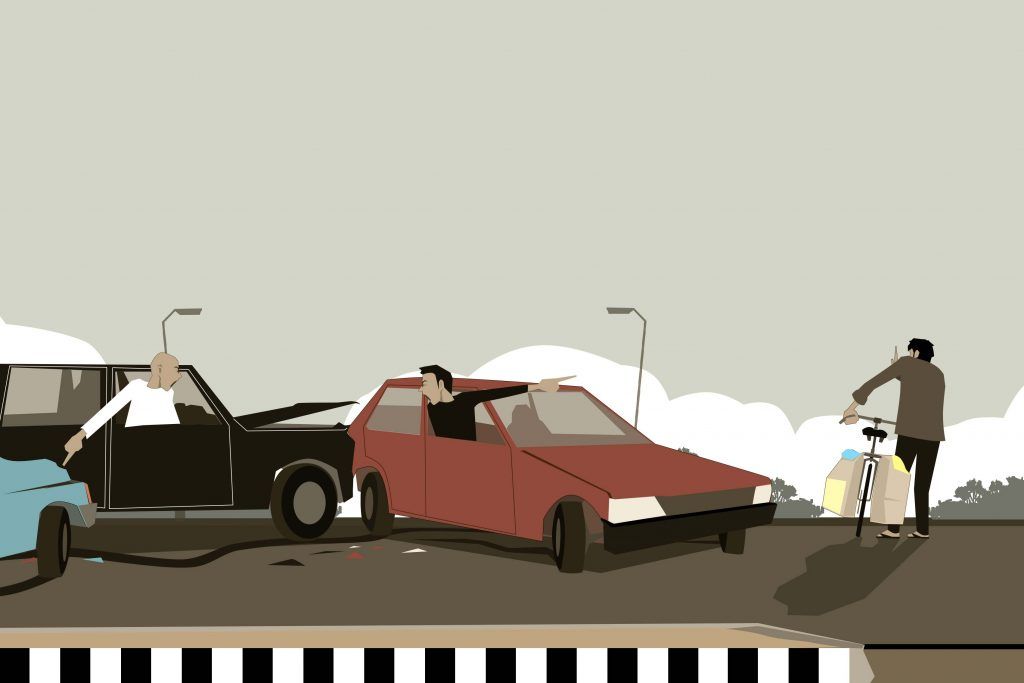An important matter in the social sciences, relates to what a government should do in the face of imperfections and when it should intervene. Proponents of laissez faire argue that intervention should be strictly limited as it tends to create inefficiencies in allocation. Opponents of this view argue that interventions should aim to correct imperfections when they arise, so as to move society towards an efficient outcome. In Welfare Economics the Theory of the Second Best refers to a situation …
Unintended ConsequencesRead More »
Interested in non-clickbait content? Become a member today.
You'll get access to:
- All content
- Comic Books
- Personalized cartoons
- Member credits in our videos and much more!
Become a member
Already a member? Log In
